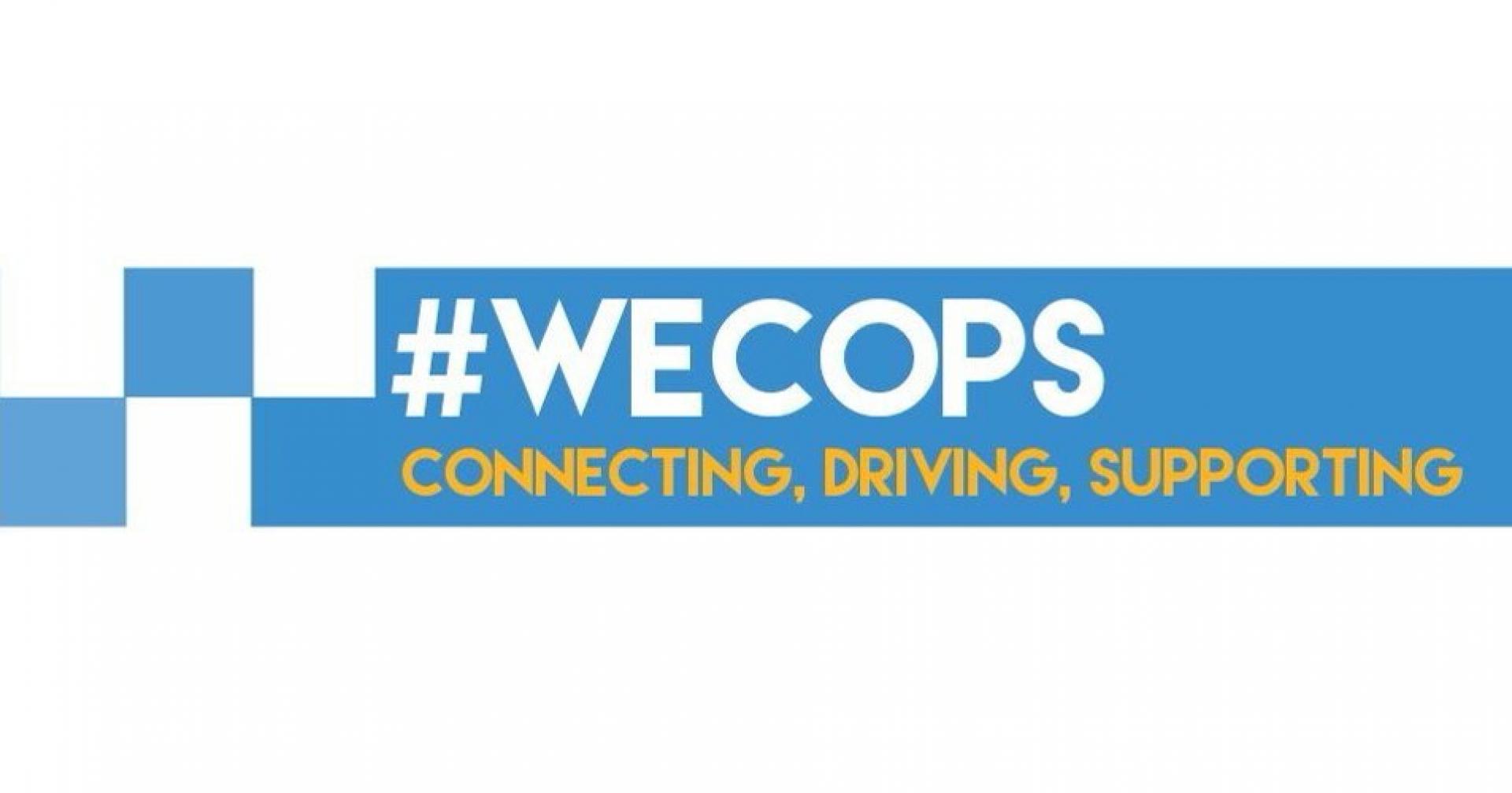
Last month the #WeCops fortnightly web chat sparked a lively discussion on police investigations and the accreditation requirements outlined in the Forensic Science Regulator’s (FSR) new statutory code of practice.
Hosts Kay Hannam, Head of Forensic Services, and Caroline Rust, Head of Forensic Accreditation and Standards, both from Thames Valley Police were joined by a wide range of participants from frontline policing and forensic practitioners to quality mangers and academics. The web discussion focused on three main questions.
- How well is forensic science and the new regulation understood across policing and what is needed to enhance this understanding?
Participants indicated that knowledge of the code within policing is limited and there is a need for clearer communication and support, particularly to frontline officers and areas outside of the forensic units.
An overall agreement was reached that communication about the FSR Code within the policing landscape needs to be increased with targeted, clear, and relevant messaging to frontline staff and officers.
One speaker commenting on the risk of a lack of understanding of the FSR code said:
“Are we sleepwalking into the possibility of inadmissible evidence in the not-too-distant future”.
While forensic regulation has been in place for years, the implementation of the FSR code on 3rd October 2023 has signalled to the community the scale of the challenge faced by forensic units and policing across the UK.
- Are there any negative aspects to the introduction of the statutory regulation in forensic science?
Although regulation and accreditation lead to improvements in quality, best practice, and the admissibility of evidence in court, participants acknowledged some of the perceived drawbacks of regulation. This included the cost of gaining and maintaining accreditation, limited resources, a shrinking marketplace, and a risk to niche forensics.
One speaker said:
“Statutory Regulation is still very new and undeniably there are still many hurdles to overcome and work to be done in relation to communication, understanding and compliance and the cost element cannot be overlooked. But we must remember at the core of this is quality assurance of evidence”.
It was recognised that remaining victim focused, increasing quality roles in technical teams, and focusing on the wellbeing of practitioners can remedy some of these challenges and ensure that the regulatory system is sustainable.
- Tell us when forensics has worked well for you in your investigation?
Forensic science was acknowledged as a vital part in all police investigations. From intelligence gathering, identifying people of interest to specific disciplines such as footwear, DNA and digital forensics, participants recognised the weight that forensic science carries in investigations and policing.
Quality assurance of forensic evidence is at the heart of regulation and FCN are working closely with UK law enforcement to achieve this. Resources around regulation, the FSR code and what help is available can be found on the Quality Support page.
To find out more about #WeCops, click on their LinkedIn and X pages.
If you have any questions relating to regulation and accreditation, contact [email protected].